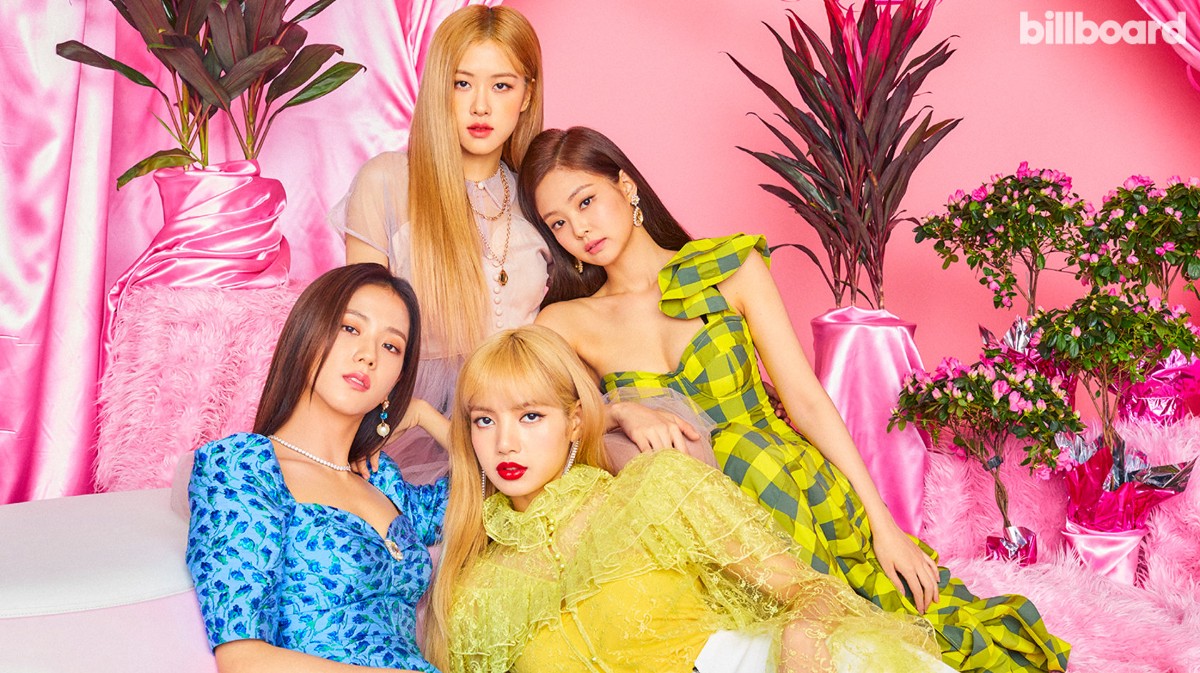
Korea’s BLACKPINK is all-in with their 2019 US media blitz…how will the public react?
Before an all-female studio audience in ITV’s An Audience With…The Spice Girls music special, the five figures of 1990s pop star girl power sang to and mingled with their heavily marketed demographic: the young girl learning to become a woman.
Ginger Spice: Tonight, we’ve got an evening of girl power. [cheers]
Baby Spice: We had loads of faxes and letters from boys who wanted to come to this show and we said, “No way!” [jeers and laughs]
Ginger Spice: And we feel it’s about time that girls come first for a change!
Audience: Yeeeees!
Girl groups exist in a unique cultural space. On the surface, their fan bases appear the same as boy bands: a majority of young girls screaming, interspersed with a few boys and slightly larger ratio of parents who drove everybody to the concert.
From the Western perspective, it’s a bankable formula the Herberts, Lou Pearlman, Maurice Starr and Simon Cowell knew all too well.
But where the boy band’s show is presumably charged up with hormone-fueled cheers, the girl group’s show is charged up with….what?
“It was my way into thinking about being a girl, and why that makes me different in terms of opportunities and standards.” — Mima Chovancova
“It instilled in us the importance of being girls together...” — Rhiannon Lucy Cosslett
“I unquestioningly loved them, but maybe their only success is that they taught us about sisterhood.” — George Pringle
“I think it was the sense that they didn’t care what other people thought…the Spice message was about access and equality…and all that meant something to me…I was a fan until the very end.” — Joe Parry
“Women weren’t allowed to be like that in public…getting completely arseholed seemed funny and brilliant. That ladette culture they were part of helped me to accept the way I was.” — Ciara Green
All quotes from The Guardian’s Caroline Sullivan (July 2016)
Behind the girl group perfect image and the polished pop hits, there is obviously something meaningful…so who’s answering that call in 2019?






